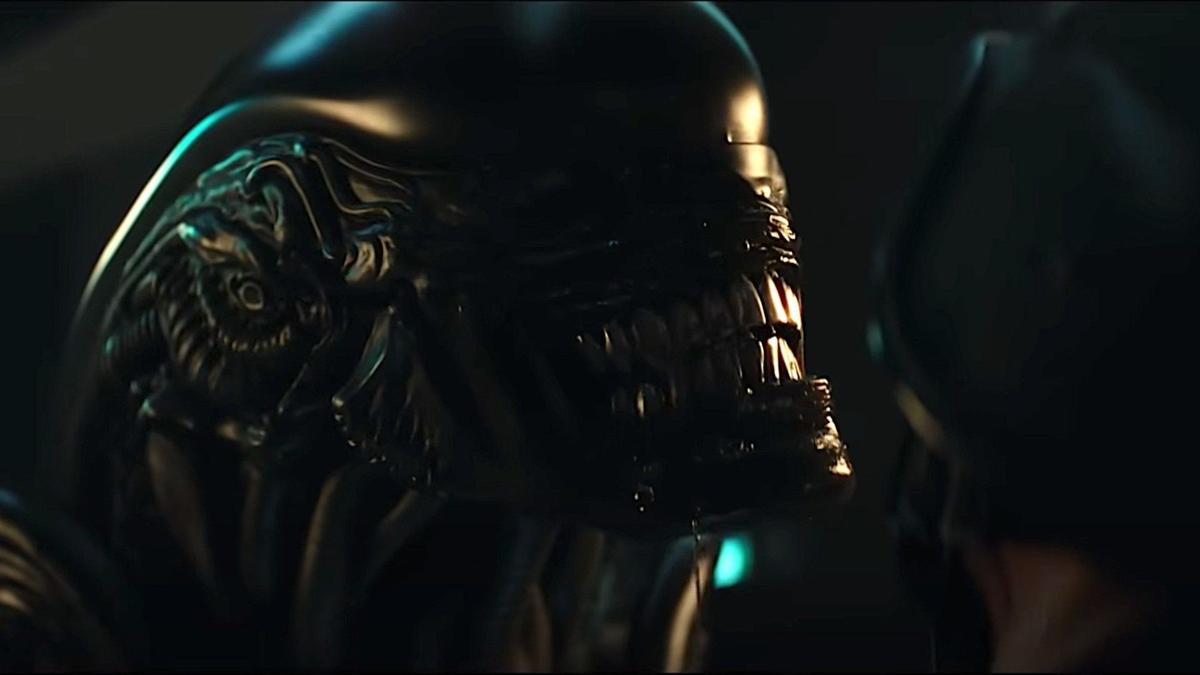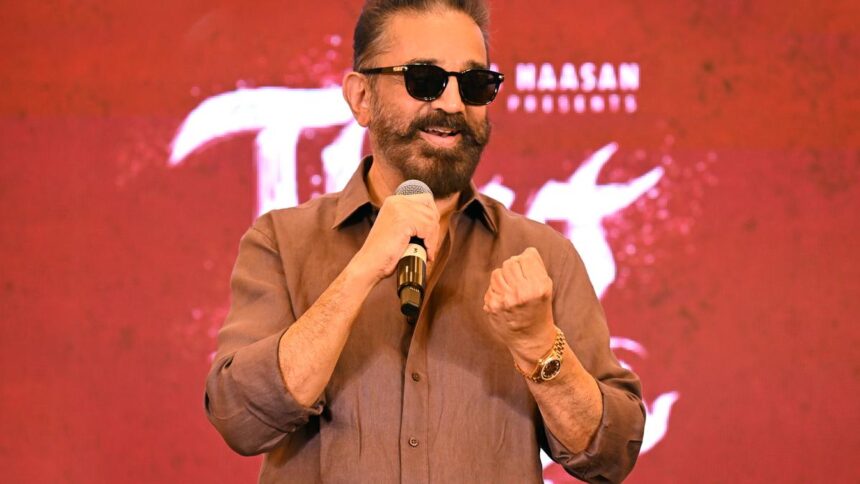The first minutes of Noah Hawley’s Alien: Earth are a strangely beautiful conjuring act carved from chrome and bone that feel merciless. This is a magic trick that works even as it shows you every card up its sleeve. We’re back in the antiseptic corridors of a Weyland-Yutani vessel, with its white panels glowing like bone, consoles chattering ominously in green text, and crew members swapping casual complaints over breakfast. The USCSS Maginot isn’t the Nostromo, but you can almost feel Hawley grinning ear-to-ear as he leans into the resemblance. Sixty minutes later, the old pas de deux between fragile humans and a universe that couldn’t care less is back in motion, and the music is loud enough to drown out the sound of us being eaten alive by dread.

Hawley has made a career out of respectful trespassing. Fargo treated the Coen Brothers’ snow-swept noir as a state of mind, and Legion turned the superhero drama inside out until it resembled a lucid dream. With Alien: Earth, he repeats the move, absorbing Ridley Scott’s methodical dread and James Cameron’s kinetic bravado, then twisting them into a strange, disquieting new shape. The first two episodes are, in large part, a deliberate echo of Alien’s beats, condensed and re-lit to a familiar lull before the real terror begins.
Alien: Earth (English)
Creator: Noah Hawey
Cast: Sydney Chandler, Alex Lawther, Essie Davis, Samuel Blenkin, Babou Ceesay, Adarsh Gourav, Timothy Olyphant
Episodes: 2 of 8
Runtime: 55-60 minutes
Storyline: When a mysterious space vessel crash-lands on Earth, Wendy and a ragtag group of tactical soldiers make a fateful discovery that puts them face-to-face with the planet’s greatest threat
If the films have traditionally confined their horror to dark corridors and airlocks, Hawley expands the geography. The year is two ticks before Ripley’s own misadventure, but Earth has already surrendered itself to corporate dominion. Five megacorporations divide the planet like a Monopoly board, extending their reach to the Moon and beyond. The sci-fi trappings only barely outpace our headlines, as the premise feels more and more like an inevitability.
The inciting event of the Maginot limping home with live specimens in tow is staged with a mischievous reverence. Babou Ceesay’s Morrow, a cyborg security officer with the morality of a man already half-machine, takes the Nostromo’s sacrificial logic to a new extreme, crashing the ship into New Siam to preserve the prize. The Weyland-Yutani wreck lands in the lap of a rival: Prodigy, run by Samuel Blenkin’s Boy Kavalier, a barefoot, silk-pyjama-clad CEO who fancies himself as a technocrat Peter Pan.

A still from ‘Alien: Earth’
| Photo Credit:
FX
From here, Hawley pivots into the grotesque. The xenomorph is rendered with a brutality the franchise hasn’t mustered in decades, but it’s only one monster among several. There’s “The Eye,” an ocular nightmare on tentacles that prefers its hosts to be eye sockets deep. A menagerie of other specimens are also teased, all with the kind of anatomical inventiveness that suggests the props department had no adult supervision.
But Alien: Earth’s most unsettling creation isn’t even a beast at all. Sydney Chandler’s Wendy, a sickly child whose consciousness is transplanted into a synthetic adult body, is a superhuman victim. She’s a being of terrifying potential still thinking, impulsively, like a little girl. As the moral hinge of the series, Wendy embodies its questions about what’s worth saving, and what’s worth sacrificing, when the line between human and machine has been blurred to the point of abstraction.

Hawley keeps circling themes of corporate amorality, the violence of exploitation, and the perverse elasticity of family, that the franchise has always pondered, but here they play out in an overtly capitalist theatre. Kavalier’s “Neverland” is a literal research island stocked with “Lost Boys” (hybrids named Slightly, Tootles, Smee, Curly, Nibs) and run with a cheerfully sadistic paternalism. Timothy Olyphant’s Kirsh, an android mentor with the air of a babysitter two hours past his shift, brings a welcome vein of dry humor.
The production itself is as tactile and deliberate as the films that spawned it, with claustrophobic set designs, lingering dissolves, and an unpredictable editing rhythm that sometimes slips into Westworld-style opacity. When it works, the unease is eclipsing, and every angled corridor or hiss of steam seems to carry the hint of a shadow just out of sight. When it falters with overzealous needle drops, and a particularly strained recurring pop-culture reference, the spell wavers.

A still from ‘Alien: Earth’
| Photo Credit:
FX
What’s remarkable, even this early, is how Hawley manages to both embalm and electrify the franchise. The callbacks to Alien are affectionate without being inert, and the expansion into new narrative territory feels organic. If the plotting occasionally sprawls, and the dialogue sometimes hammers themes that could be more subtle, the texture and ambition more than compensate.
By the end of the second hour, it’s hard not to see Alien: Earth as more than just a strong television debut, because it feels like a recalibration for the entire franchise. Last year’s Alien: Romulus proved the old haunted-house-in-space formula still works when handled with care, and later this year Predator: Badlands will test whether these two cinematic apex predators can circle each other again without drifting into camp.

With Alien: Earth, the franchise is learning to shed its weakest skins and grow in new, unpredictable directions. Through it all, H.R. Giger’s biomechanical nightmare remains untouched by time. It’s still elegant, still obscene, and still the most beautiful thing you’d never want to meet in a dark corridor.
Alien: Earth is currently streaming on JioHotstar. New episodes drop every Wednesday
Published – August 14, 2025 04:41 pm IST



















